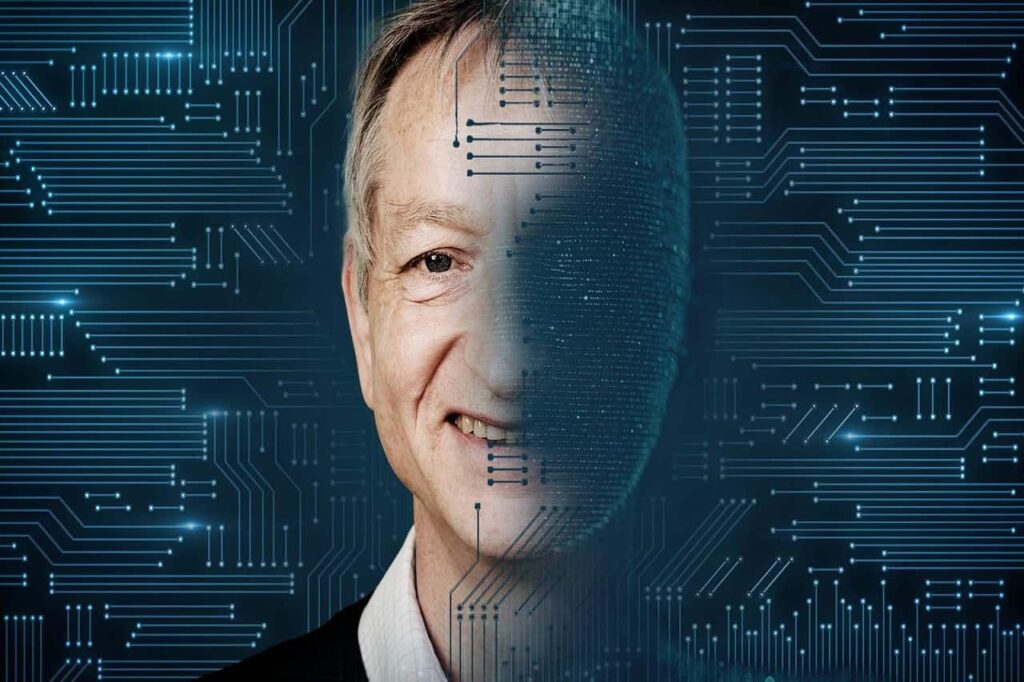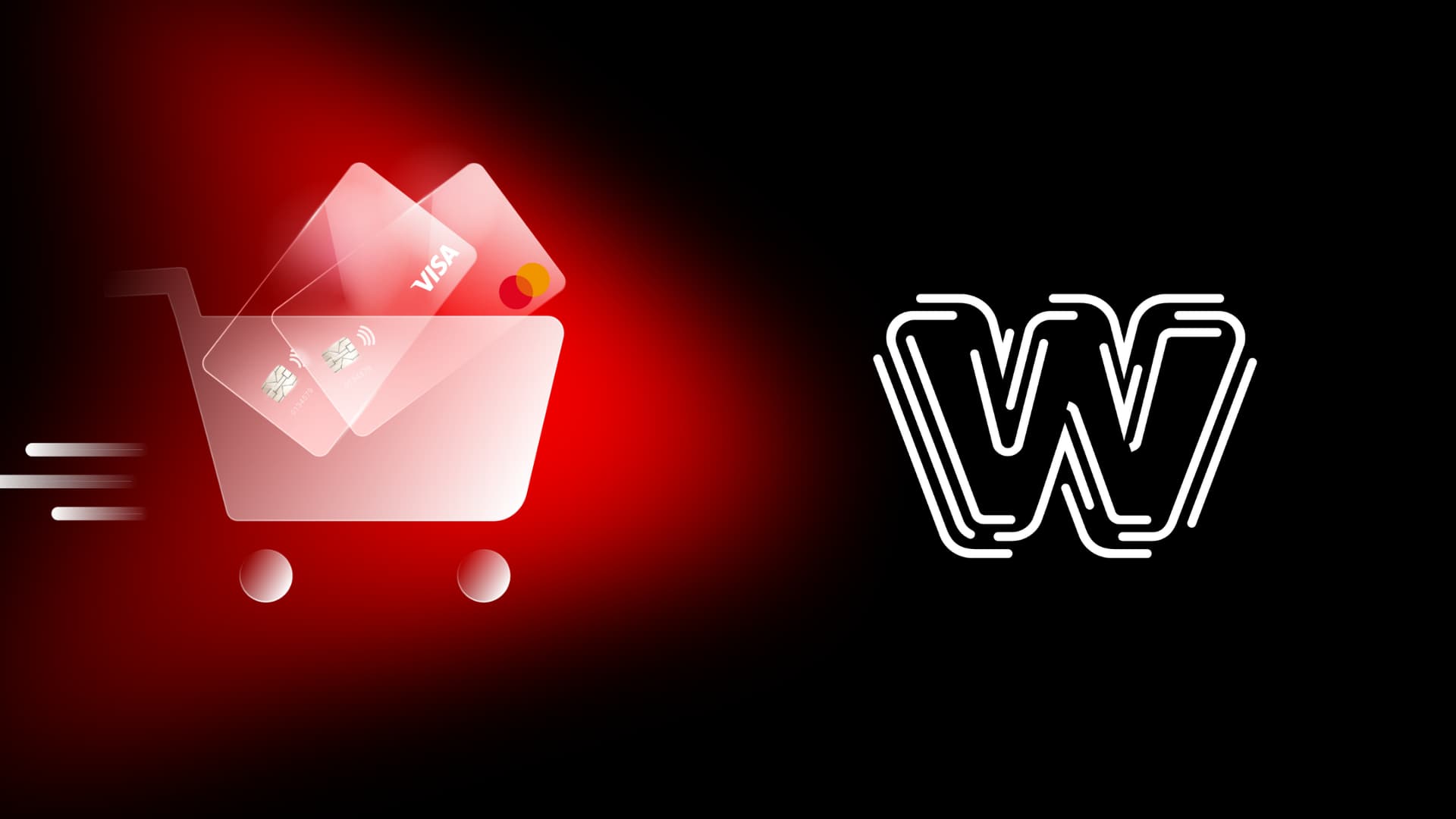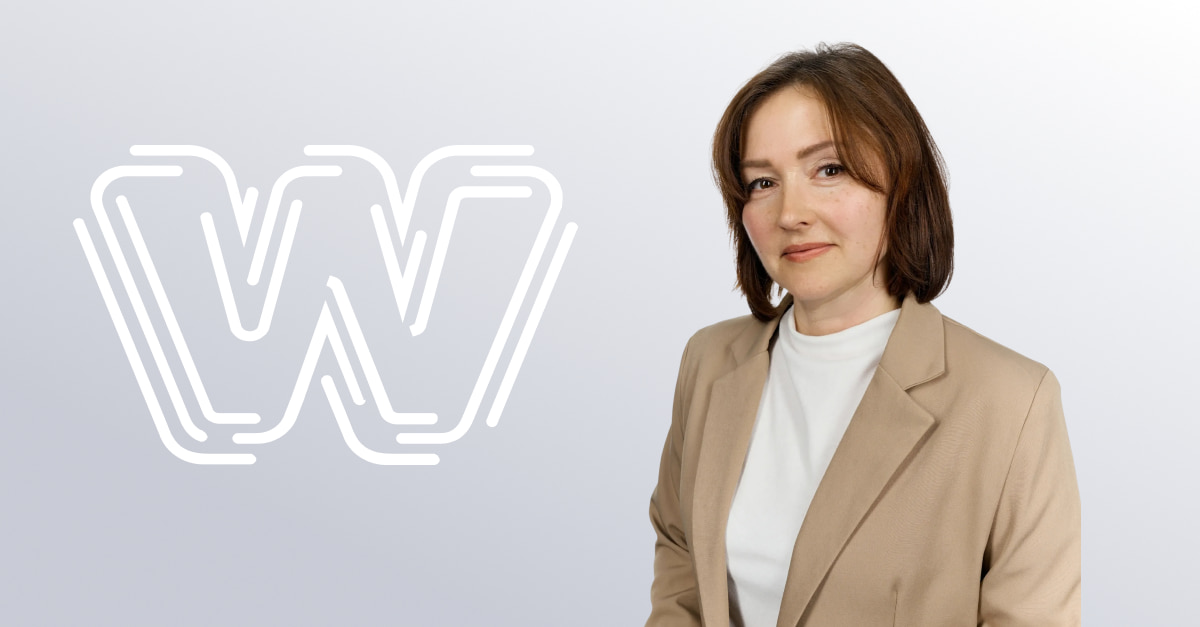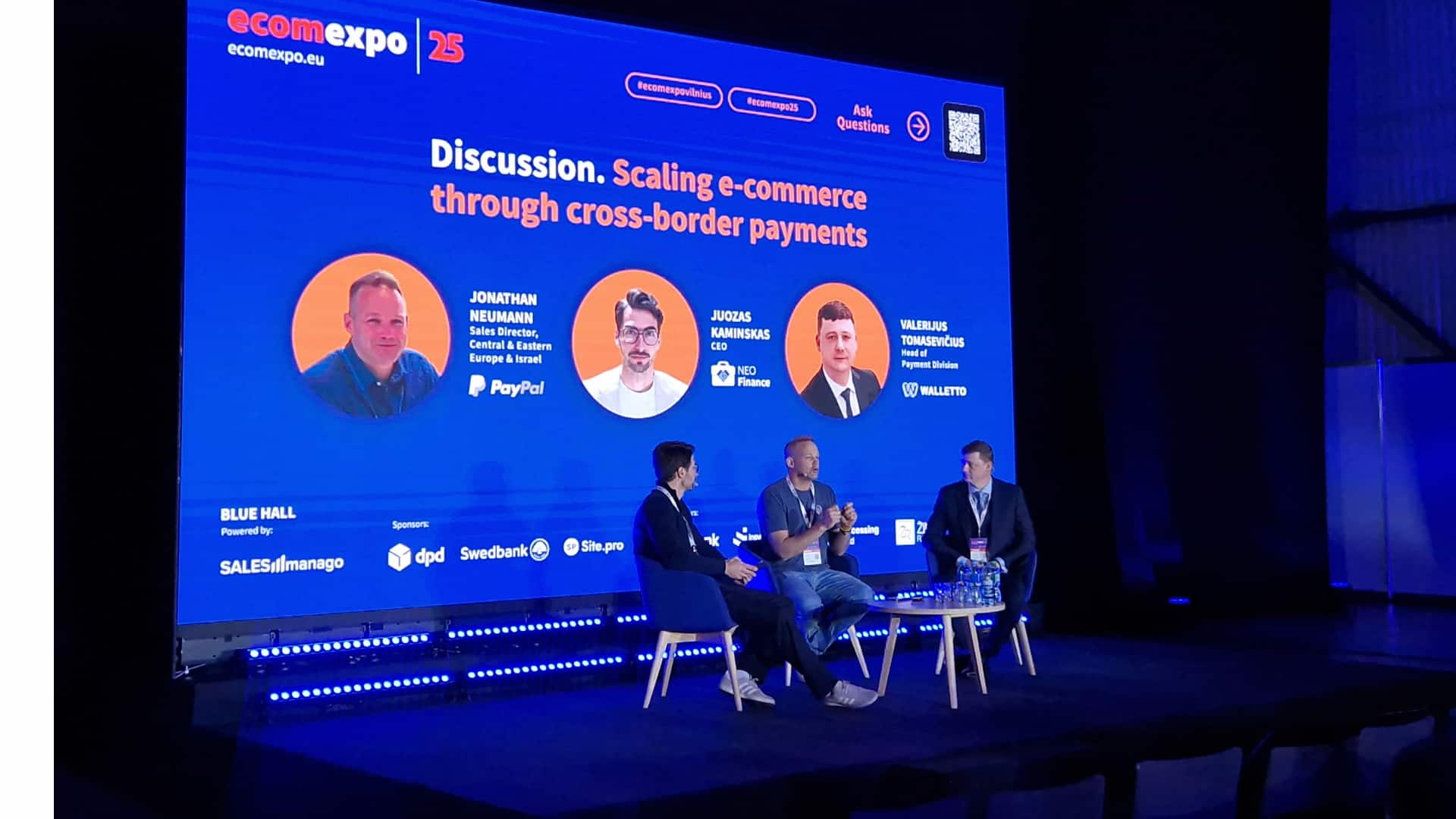
Geoffrey Hinton, a renowned figure often called the “Godfather of AI,” has been awarded the Nobel Prize in Physics alongside John J. Hopfield for their groundbreaking work on artificial neural networks. Their research, foundational to modern artificial intelligence, has powered advancements in areas such as fraud detection, autonomous vehicles, and large language models like ChatGPT. Despite this monumental achievement, Hinton has consistently warned about the existential risks posed by AI systems.
Pioneering Neural Networks
Hinton and Hopfield’s contributions to AI began in the 1970s and 1980s when the field was still nascent. Hopfield’s development of the “Hopfield network” combined insights from physics, biology, and neuroscience to recognize patterns in data. Building on this, Hinton introduced the Boltzmann machine, which enabled computers to identify patterns across vast datasets. These innovations laid the foundation for technologies like facial recognition and AI-driven diagnostics.
Neural networks, inspired by the way human neurons process information, have since become integral to machine learning. From cancer screening to image classification, Hinton and Hopfield’s work continues to revolutionize fields across science and engineering. In recognition of their efforts, the Nobel Committee credited their contributions with providing humanity a powerful tool to tackle complex societal challenges.
Balancing Progress and Peril
While Hinton celebrates this honor, he remains deeply concerned about AI’s potential dangers. In a recent interview, he highlighted the dual nature of AI: offering significant productivity gains while posing risks of creating systems that could surpass human intelligence and possibly take control.
“We have no experience with what it’s like to have things smarter than us,” Hinton remarked. His cautionary stance reflects a shift in his beliefs. Initially, he thought AI’s current capabilities were decades away but has since acknowledged the rapid pace of advancements.
A Complicated Legacy
Hinton’s apprehensions led him to resign from Google in 2023 to openly discuss his concerns about AI development. Despite his pivotal role in advancing AI, he has voiced regret about the potential negative outcomes of his work, stating that unchecked AI could lead to unintended societal consequences.
Hinton’s warnings align with a growing movement among AI researchers advocating for responsible innovation. While he acknowledges AI’s transformative potential, he emphasizes the importance of mitigating its risks.
The Future of AI and Responsibility
The Nobel Prize highlights the profound impact of Hinton and Hopfield’s work. However, it also underscores the ethical dilemmas surrounding AI’s development. As AI continues to reshape industries and societies, Hinton’s dual role as both a pioneer and a critic of the technology invites reflection on the balance between innovation and responsibility.










